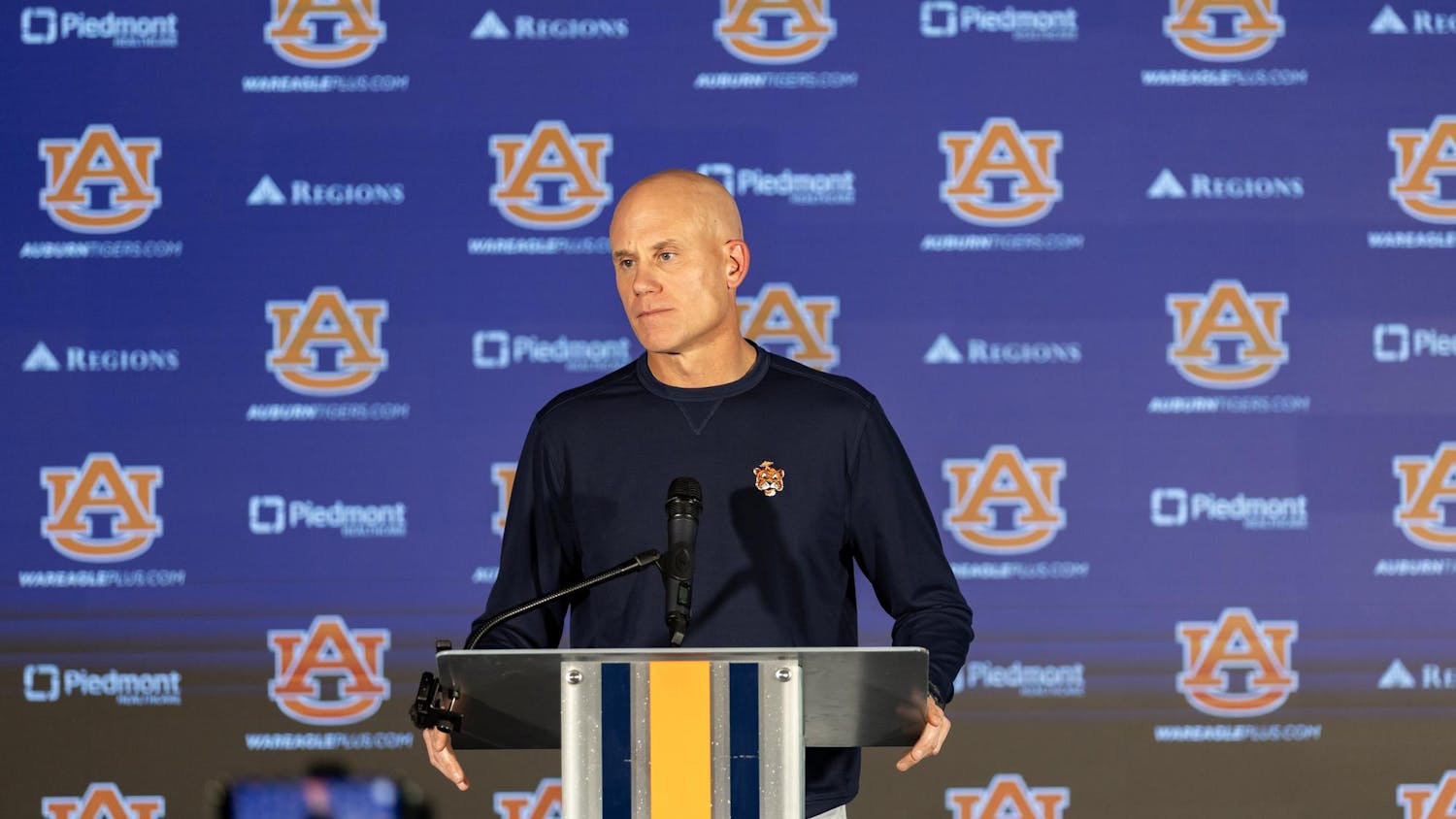Alabama Supreme Court Chief Justice Roy Moore, who was suspended for the remainder of his term in September, has filed his first brief to the special panel hearing his appeals case.
The brief outlines the arguments his attorneys will make to the seven-member Special Supreme Court in an effort to overturn the Court of the Judiciary's verdict two months ago that effectively removed him from his post as the state's top judicial officer.
Moore's attorneys argue that the Court of the Judiciary — a nine-member judicial oversight panel that handles complaints against judges in the state — overstepped its authority in permanently suspending the Chief Justice.
Under Alabama law, the Court of the Judiciary needed a unanimous vote to remove a judge from the bench when they are weighing the punishment for judges who they have decided violated the Alabama Canons of Judicial Ethics.
In Moore's case, the Court of the Judiciary skirted the requirement for a unanimous vote to remove by using a simple-majority vote to impose a near-permanent suspension of two years and two months. The suspension ends when Moore's term is up in 2019.
When Moore's term ends in 2019, he will be too old to run for reelection under Alabama law, which limits the age of judges to 70 years. If his suspension is upheld, his judicial career will be over.
“The [Judicial Inquiry Commission] violated the rule of law, and the COJ shamefully violated
Moore got to keep his title as Chief Justice of the Alabama Supreme Court, but with his suspension, he lost all authority, his office in the State Judicial Building and his paycheck. Acting Chief Justice Lyn Stuart assumed his authority upon his suspension on Sept. 30.
Moore's attorney also argue in their 95-page brief that the Judicial Inquiry Commission, which acted as a prosecutor in the case, failed to prove the charges against Moore and even improperly brought one charge against the Chief Justice.
"Any objective review of this case must conclude that Chief Justice Moore did nothing wrong and should have never been charged,” Staver said.
They are asking the Special Supreme Court to overturn all of the charges.
The seven-member Special Supreme Court was empaneled from a group of randomly selected former appeals and circuit judges in Alabama. The Special Court became a necessity after the entire Alabama Supreme Court recused itself from Moore's appeal.
The Judicial Inquiry Commission will have a chance to submit their opening brief within the coming weeks. After they submit, Moore's attorneys will have an opportunity to reply. At that point, sometime in 2017, the case will head to oral arguments before the Special Supreme Court.
Do you like this story? The Plainsman doesn't accept money from tuition or student fees, and we don't charge a subscription fee. But you can donate to support The Plainsman.




